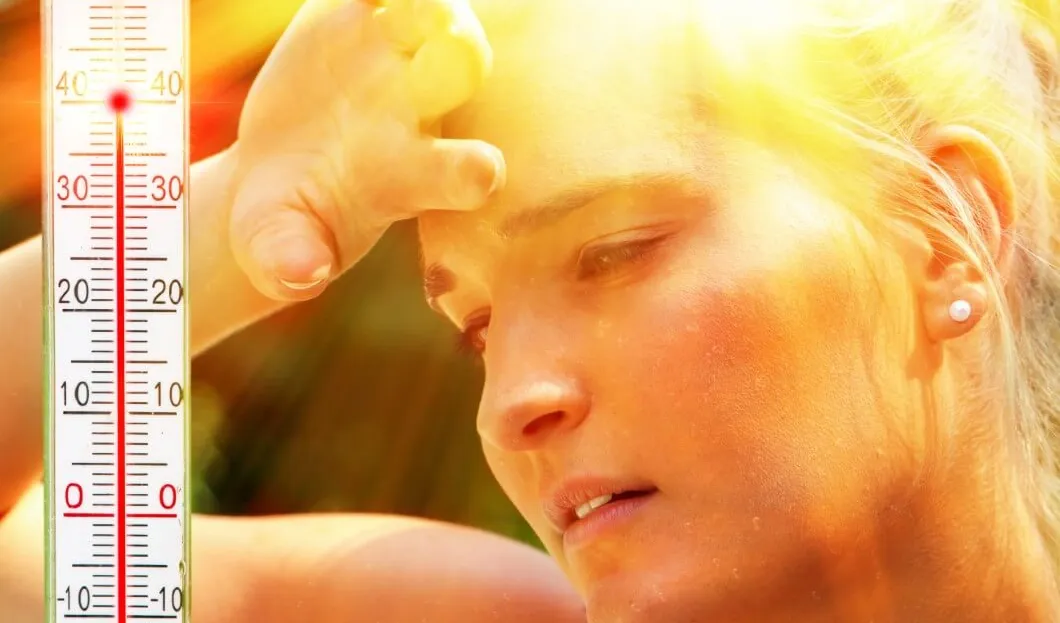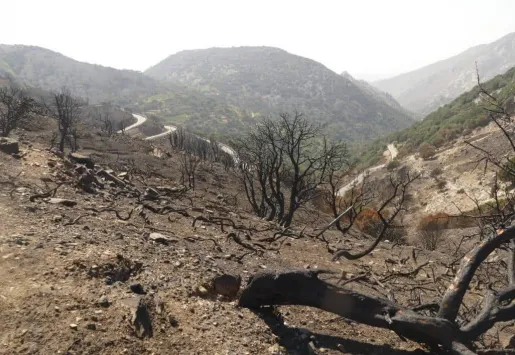
The scorching temperatures in Greece since June have caused a severe drought and water scarcity, particularly in the Athens region. The situation has been worsened by the influx of tourists during the summer. Temperatures regularly exceeded 40 °C (locally up to 44 °C) in June 2024, and the heatwave shows no signs of stopping, following the hottest winter on record for the country. This is the most extreme weather since 1960, according to 20 Minutes. Tragically, several people, including tourists and a British television personality, have lost their lives due to the prolonged heatwave. The soil is dried, and the water reserves are dangerously low.
Athens, a Thirsty Capital
The artificial lake of Mornos, located 200 kilometers away and providing water to Attica, the region of the capital Athens, has seen its level drop by 30% since July compared to last year, according to data collected by the public operator Eydap. However, pumping water from the lake is energy-intensive, while the Mornos River naturally flows downhill. There is a need to create a central authority to develop a comprehensive approach to managing resources across the country.
Calls for Individual Responsibility
The government has issued a yellow alert for the ancient city and surrounding areas and is conducting awareness campaigns among its 3.7 million inhabitants. There are increasing warnings in Greece about the decreasing water reserves during the peak of summer due to prolonged drought and chronic mismanagement of water resources. One particular slogan being used is "Do you want water? Turn off the tap." Additionally, Eydap emphasizes individual responsibility by suggesting actions such as saving up to 150 liters of water by not filling the bathtub for a bath and "turn off the tap" while brushing one's teeth.
Mass Tourism and Poor Management
The country's numerous paradise islands are also affected by mass tourism, as the demand for water in summer can be "sometimes a hundred times greater than in winter," according to Nikitas Mylopoulos, professor of water resources management at the University of Thessaly.
He also highlights "poor water management in Greece due to a lack of hydraulic structures" and "frequent waste of land irrigation by farmers." At the end of June, the Greek Civil Protection declared the famous island of Leros "in a state of emergency" for a month, with the town hall citing malfunctions in the desalination plant due to a lack of "maintenance in the past." The island of Sifnos also laments "the overconsumption of water for swimming pools and the watering of large gardens."
Major Investments to Come
The water scarcity issue in several Greek islands, including Lefkada in the Ionian Sea and other regions in mainland Greece, has raised concerns. A resident and writer, Michalis Makropoulos, criticized the local authorities for their mismanagement, leading to water scarcity. Prime Minister Kyriakos Mitsotakis visited Lefkada and announced a significant water supply project to address the island's needs. A unique plan has been initiated for Athens and its surrounding areas to tackle water scarcity, involving approximately 750 million euros in investments.














Greece has been fighting a hopeless battle against the heat wave for days. Temperatures are reaching record highs of 43 degrees, and there is no end in sight. For the population, the situation is becoming more difficult and exhausting daily. Tourism could also suffer in the long term.
Tourism is not feeling the heat for the time being. "When you're lying on the beach, one degree more or less almost doesn't matter," said tourism and leisure experts. Greece is still very popular with Europeans, but nothing is for eternity.